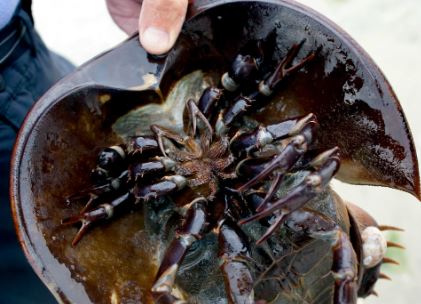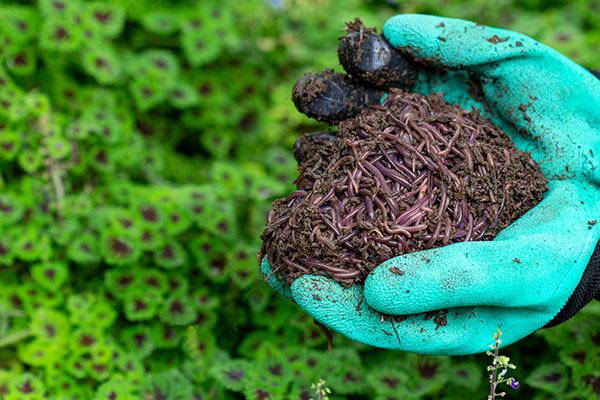Home // Environment
Growth-promoting bacteria found to improve potato yield despite unfavorable conditions
10/11/2021 // Franz Walker // Views
Tags: bacteria, crop yield, discoveries, environment, food independence, food supply, goodscience, green living, harvest, home gardening, organic faming, Potato, research, rhizobacteria

- The researchers planted three potato varieties with different longevity of growth periods – "Morgana" (mid-early variety), Sunity (early variety) and "Primabelle" (very early variety).
- A commercial product, Rhizoflo Premium, containing two species of rhizobacteria, P. flourescens and A. brasilense, was used.
- The experimental plots for each variety were divided into three blocks, and each were given one of three treatments:
- First treatment -- tubers soaked for 10 to 15 minutes in a 3 percent solution of the product.
- Second treatment -- tubers sprayed with a solution containing the product during sowing using a backpack sprayer.
- Third treatment -- no soaking or spraying (control group).
- The plots were planted during an unusually hot and dry summer. On most days, the temperature was 2 C higher than the average temperature between 1981 to 2020.
- The researchers observed that all three potato varieties had higher productivity than the control group after treatment with the solution containing the two bacteria.
- In the first group, the Morgana variety was 17 percent more productive, the Sunita variety was 27 percent more productive and the Primabelle variety was 31 percent more productive.
- In the second group, only the Primabelle variety produced a consistently higher yield – 24 percent – than in the control treatment.
The researchers concluded that treatment with a mixture containing P. flourescens and A. brasilense can help increase potato yield under dry conditions.
Journal Reference:
Trdan S, Vu?ajnk F, Bohinc T, Vidrih M. THE EFFECT OF A MIXTURE OF TWO PLANT GROWTH-PROMOTING BACTERIAL FROM ARGENTINA ON THE YIELD OF POTATO, AND OCCURRENCE OF PRIMARY POTATO DISEASES AND PEST. Acta Agriculturae Scandinavica, Section B — Soil & Plant Science. 28 June 2018; 69:1, 89-94. DOI: 10.1080/09064710.2018.1492628
Related Topics
bacteria crop yield discoveries environment food independence food supply goodscience green living harvest home gardening organic faming Potato research rhizobacteriaLatest News
Related News
07/16/2023 / By Laura Harris
06/25/2023 / By S.D. Wells
05/12/2023 / By Zoey Sky
03/30/2023 / By Ethan Huff
Take Action:
Support Natural News by linking to this article from your website.
Permalink to this article:
Copy
Embed article link:
Copy
Reprinting this article:
Non-commercial use is permitted with credit to NaturalNews.com (including a clickable link).
Please contact us for more information.
Please contact us for more information.






















